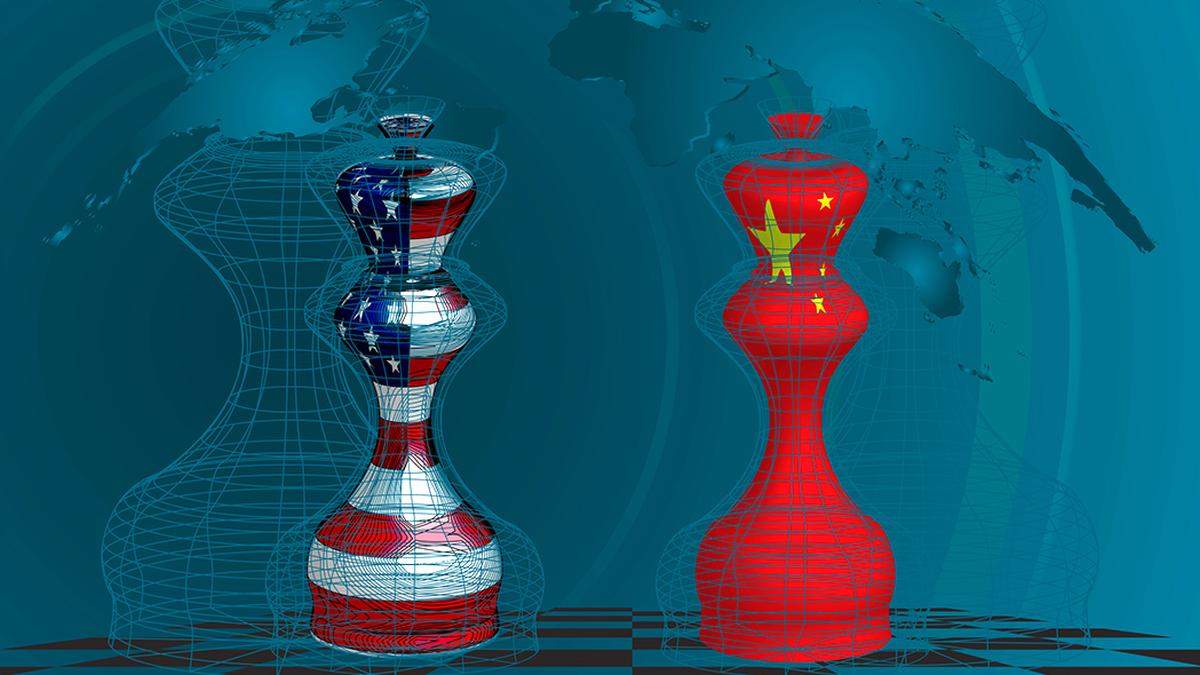The Democracy Perception Index survey revealed that most countries have a more favourable view of China compared to the U.S. this year.
Under President Donald Trump, the U.S. has been withdrawing from several key international commitments it had long supported and invested in. It announced its departure from the World Health Organization (WHO) and then from the Paris Agreement.
With the U.S. pulling back from global commitments, China has quietly been advancing its position on the world stage. Through promises of financial aid, Beijing has positioned itself as a potential alternative to the Western superpower.
With over a quarter of global bilateral sovereign debt now owed to China, and the country’s investments spanning continents, the Asian giant has been steadily expanding its soft power influence. Is China trying to fill the void left by a retreating U.S. in the international arena?
The 78th World Health Assembly, the decision-making body of the WHO, approved the budget this month for the first time without the participation of the U.S., a founding member and a top donor of the WHO.
Mr. Trump has accused the WHO of being biased towards China and mishandling the COVID-19 pandemic. He has also said that the WHO demands onerous payments, which are out of proportion with other countries’ assessed payments.

While the U.S.’s exit has left a significant void in the WHO, China has committed an additional $500 million over the next five years. China has also been increasing its membership dues to the WHO in recent years. China’s share in the WHO’s total assessed payments more than doubled post the pandemic, from 6.5% in 2015-16 to 15% in 2024-25 (Chart 1).
Chart 1 | The chart shows the country-wise share of assessed contributions to the WHO. Figures in %
While China’s contribution still falls short of that of the U.S. — which has accounted for around 20% of the WHO’s total assessed funding every year — it continues to inch closer. With the U.S. stepping back and China pledging increased support, its share is poised to rise even further.
The Trump administration also announced the U.S.’s withdrawal from the Paris Agreement and said it will immediately cease or revoke any purported financial commitment made under the United Nations Framework Convention on Climate Change (UNFCCC). The U.S.’s share in contributions to the UNFCCC was close to 22% of its core budget, followed by China (17%) — the second highest globally (Chart 2).
Chart 2 | The chart shows the country-wise share of contributions made to the UNFCCC’s core budget (%)
China also holds strategic investments across numerous countries, and many of them owe China a significant share of their external debt. Data show that China is the world’s largest debt collector.

China’s share in bilateral global debts owed remained around 1% until 2003. In just two decades, this share surged to 26%. On the other hand, the U.S.’s share in bilateral global debts owed plummeted from 36% in 1973 to just 4% in 2023 (Chart 3).
Chart 3 | The chart shows the share of external debt stock owed to top lenders in the 1973 to 2023 period
This influence is also impacting attitudes towards China. A survey conducted by the Pew Research Center in 2024 shows that more than 60% of the respondents across 21 countries believe that China influences their economy by a great deal or by a fair amount (Chart 4).
Chart 4 | The share of respondents (in %) who said in 2024 that China is having _ (of) influence on economic conditions in their country
Note: The above chart shows data for only 21 countries out of the 35 that were surveyed. The median value is for all the countries surveyed. The question was asked as a part of Pew Research Center’s Spring 2024 Global Attitudes Survey across 35 countries.
The Democracy Perception Index survey, published by the Alliance of Democracies Foundation, revealed that most countries have a more favourable view of China compared to the U.S. this year. Of the 96 countries surveyed this year, respondents from 76 countries had a more positive view of China, whereas only 20 had a positive view of the U.S.
As Chen Xu, China’s Ambassador to Geneva, told reporters last month, “We have to adapt ourselves to multilateral organisations without the Americans. Life goes on.”
The data for the charts are sourced from the WHO Budget Portal, UNFCCC, Pew Research Center, World Bank and Reuters
Published – May 29, 2025 07:00 am IST
